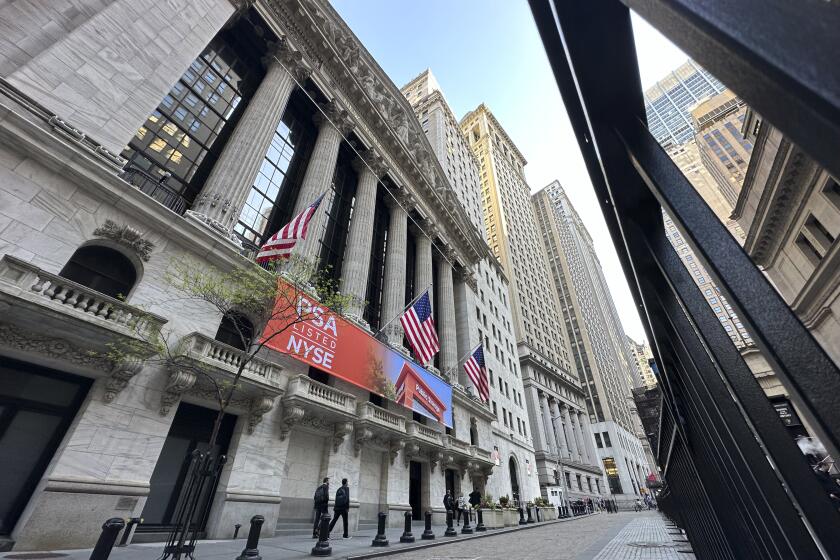THE TIMES 100: THE BEST COMPANIES IN CALIFORNIA : THE BOTTOM LINE : REXON: PAYING OFF ON A HUNCH
Three years ago, Rexon Inc. was in such sad shape that “our banker, Union Bank, was about ready to pull the plug and close the door,” recalls Irvin R. Reuling, chief financial officer of the Culver City-based maker of tape drives for personal computers.
But where Union Bank saw problems, Hambrecht & Quist sensed potential. The San Francisco investment firm pumped in $6 million of fresh capital and installed a new management team in return for a 56% stake in the troubled concern. The hunch paid off: Today, Rexon ranks No. 2 on The Times 100, with an impressive two-year average return on equity of 53%. H&Q;’s interest is worth about $32 million.
“We could see that they had a leading-edge technology in a business that was about to take off,” says Q. T. Wiles, the Hambrecht & Quist turnaround specialist who served as chairman of Rexon from 1985 to 1987. “Rather than just focusing on the turnaround, we also built an infrastructure for growth.” The H&Q; turnaround team also revamped manufacturing operations to ensure product quality.
Tape drives permit users of personal computers to efficiently back up the huge volumes of information that can be stored on hard disk drives. As hard drives--which can lose all data stored on them when they fail--proliferated, so did the need for easy backup. Sales jumped 88% to $101.4 million last year, while profit tripled to $9.2 million.
Drives made by Rexon’s Wangtek unit are built into machines made by AT&T;, Compaq and Sun Microsystems, among others. Stand-alone drives for Apple Macintosh and other computers are made by the Tecmar unit, which Rexon acquired in 1986.
“Ours is not a very capital-intensive business,” says Reuling, explaining Rexon’s stellar return on equity. “There are not a lot of fixed assets. We have one leased facility in Simi Valley, and we do subassembly work in Hong Kong, Korea and Singapore through independent contractors.”
H&Q;’s Phoenix Fund is now shopping around for other companies that are down on their luck. But sellers shouldn’t expect top dollar. “We’re opportunistic,” acknowledges Wiles. “We don’t want to buy these companies. We want to steal them.”






